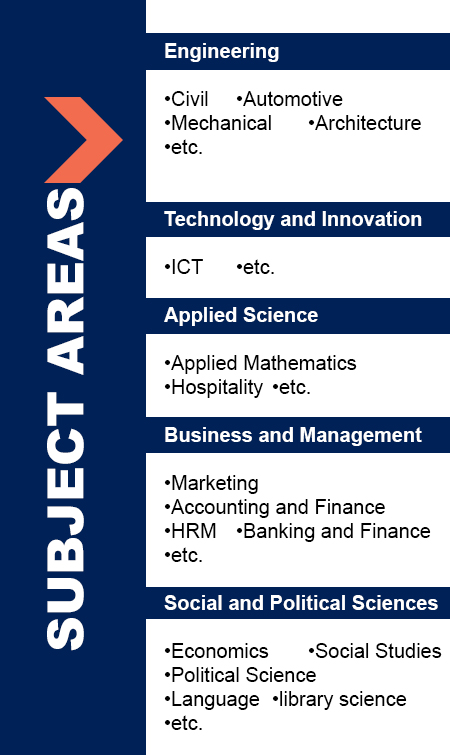The Impact of Social Media Use on the Academic Performance of Students of Private Tertiary Institutions in Ghana: The Valley View University Perspective
DOI:
https://doi.org/10.47127/ijtmr.v6i2.171Keywords:
Academic performance, Ghana, Private, Social Media, Technologies, Tertiary StudentsAbstract
This paper examines the impact of social media use on the academic performance of students in private tertiary institutions in Ghana. The descriptive survey design was adopted for the study. The Valley View University, Oyibi Campus, Accra, was used as a case study. The population for the study was 2,172. The simple random sampling technique was used to sample 388 students. The questionnaire was used to solicit data for the study. 388 copies of the questionnaire were administered to the students. However, 362 copies were filled correctly and used for the analysis. The data were analysed using the IBM Statistical Product and Service Solutions (IBM-SPSS) version 22.0. The findings revealed that entertainment and relaxation, posting pictures and chatting with friends were students' motivators for social media use. The study found out that the frequent use of social media had negatively affected the academic performance of some students. The study recommended that the Management of the University should motivate students to use the various social media platforms for educational activities rather than non-academic ones. The study also suggested that students should be advised to reduce the number of hours spent on social media platforms.








